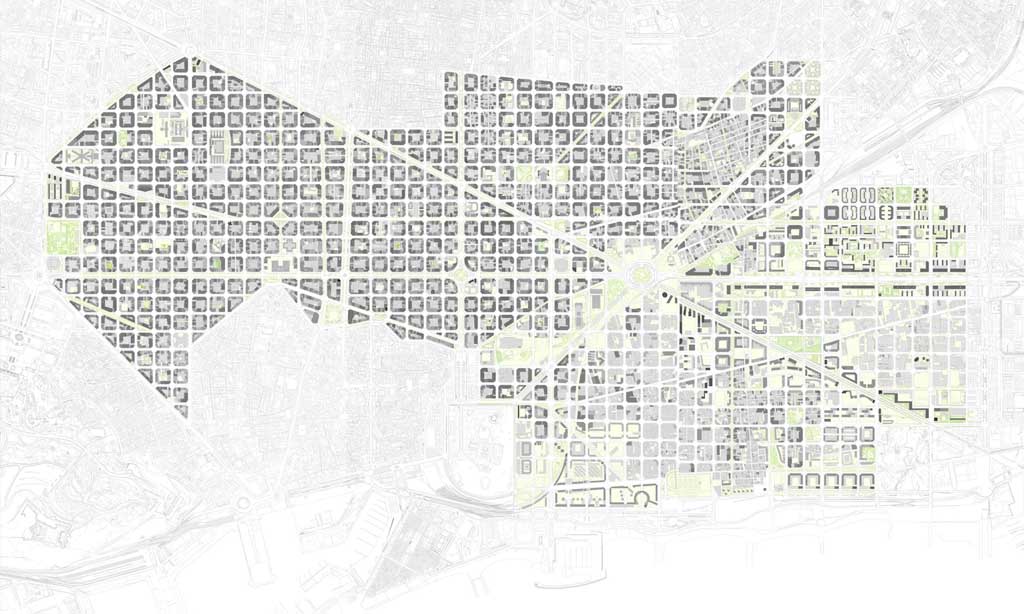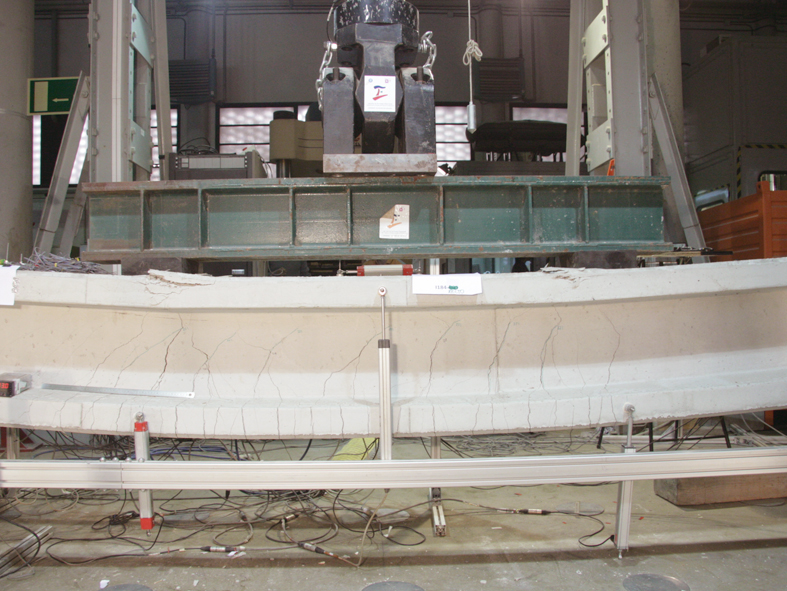| Summary |
Performance-based-design (PBD) is a design philosophy that sets the focus on the structural behaviour related with the final user needs instead of the means and tools to perform the verificaction. This concept brings more freedom in the design process, it makes easier to homologate and compare different designs and encourages innovation. Current Spanish and European Concrete Codes (EHE-08 and EN-1992, respectively) are “Performance Based Codesâ€; since, while setting a number of requisits to be fulfilled, they leave freedom to the designer in the use of the verification method. This fact opens a broad range of possibilities, not yet exploited, to techniques and methods capable to make the most of the materials properties and structural scheme adopted. One of these techniques is partially-prestressed-concrete (PPC), a design and construction approach of prestressed concrete in which tension and controlled cracks are allowed in service. In this research project, PPC is considered as an efficient design approach for crack control and serviceability performance satisfaction while allowing for ductility in ultimate state, providing redistribution capacity in continuous structures. Hence, it may promote the development of PBD in big concrete structures when used in combination with a realistic estimation of nonlinear response both in service (after cracking) and ultimate conditions, allowing for optimized solutions in economical and sustainability terms. The objective of this project is to develop a performance-based design method for continious partially prestressed concrete structures, in which the designer can explicitly take into account the non-linear structural behaviour in design stage, which will be here defined as “non-linear designâ€. The method should allow for a consistent design approach for any arbitrary degree and scheme of redistribution of internal forces, satisfying both security and serviceability requirements with the needed reliability, i.e. without additional overstrength from non-linear response. On one hand, this requires the development and calibration of simple structural analysis methods, suitable for design use, that enable the calculation of the structural and strength demand. Further, passive reinforcement should be designed correspondly as well as the degree of prestressing and active reinforcement satisfying a given crack width or stress increment limitations. In the same manner, a detailed study is required in order to determine the actual effects and the treatment of secondary moments and other imposed strains related forces, such as temperature and rheological effects, both in service and ultimate conditions. On the other hand, due to the multiple variables involved, the problem can be optimized, making necessary to determine the most suitable design criteria in relation to redistribution strategy and degree of prestressing producing optimal and compatible solutions. As a result of the investigation, design proposals for most current types of pretressed concrete bridges, including both precast and cast in situ, will be written. To achieve this goal, a theoretical-experimental methodology is proposed which requires adapting existing non-linear analysis models, calibration of the method by means of experimental and numerical studies in continuous structures and development of rational design approaches under different types and combinations of loads. |






